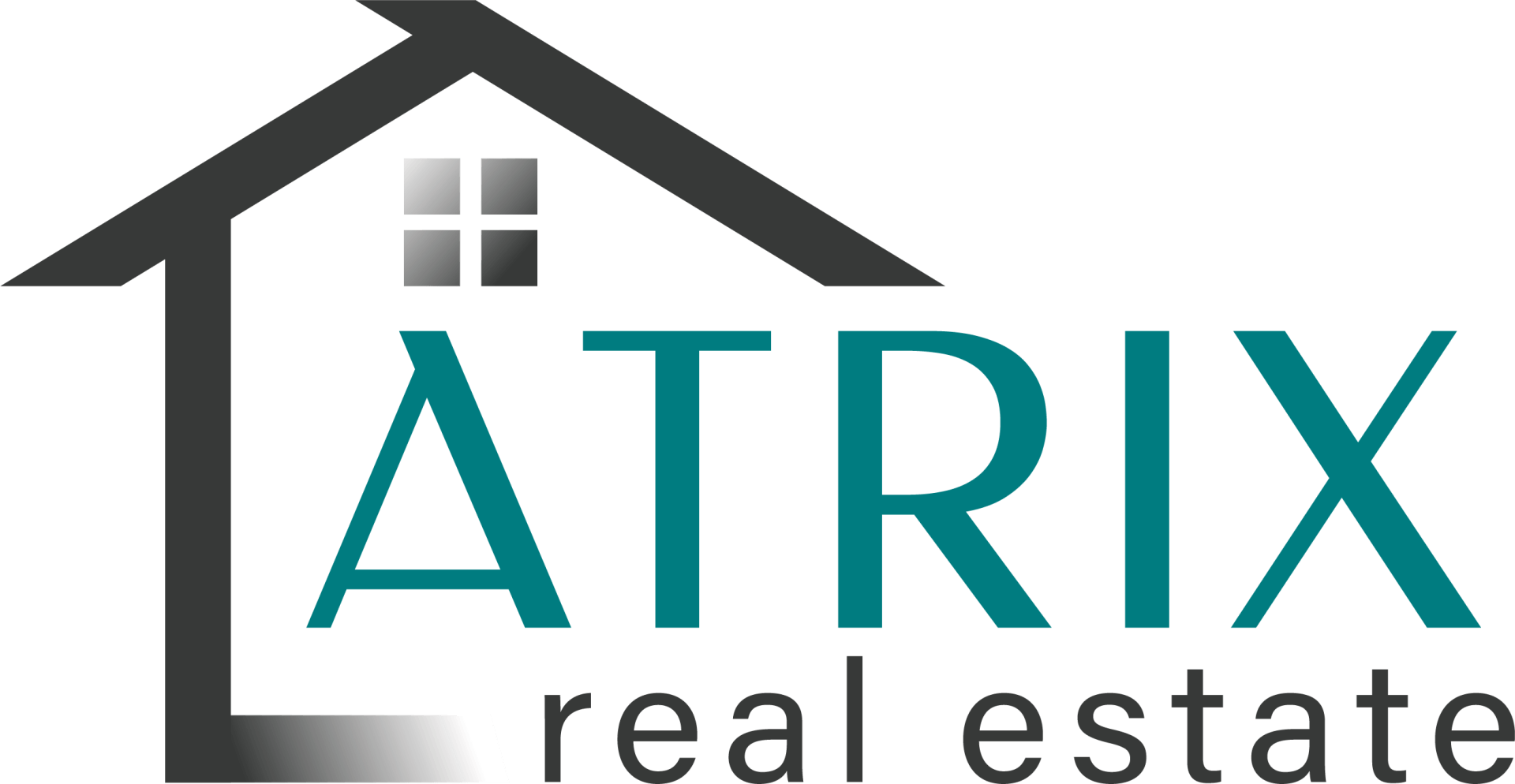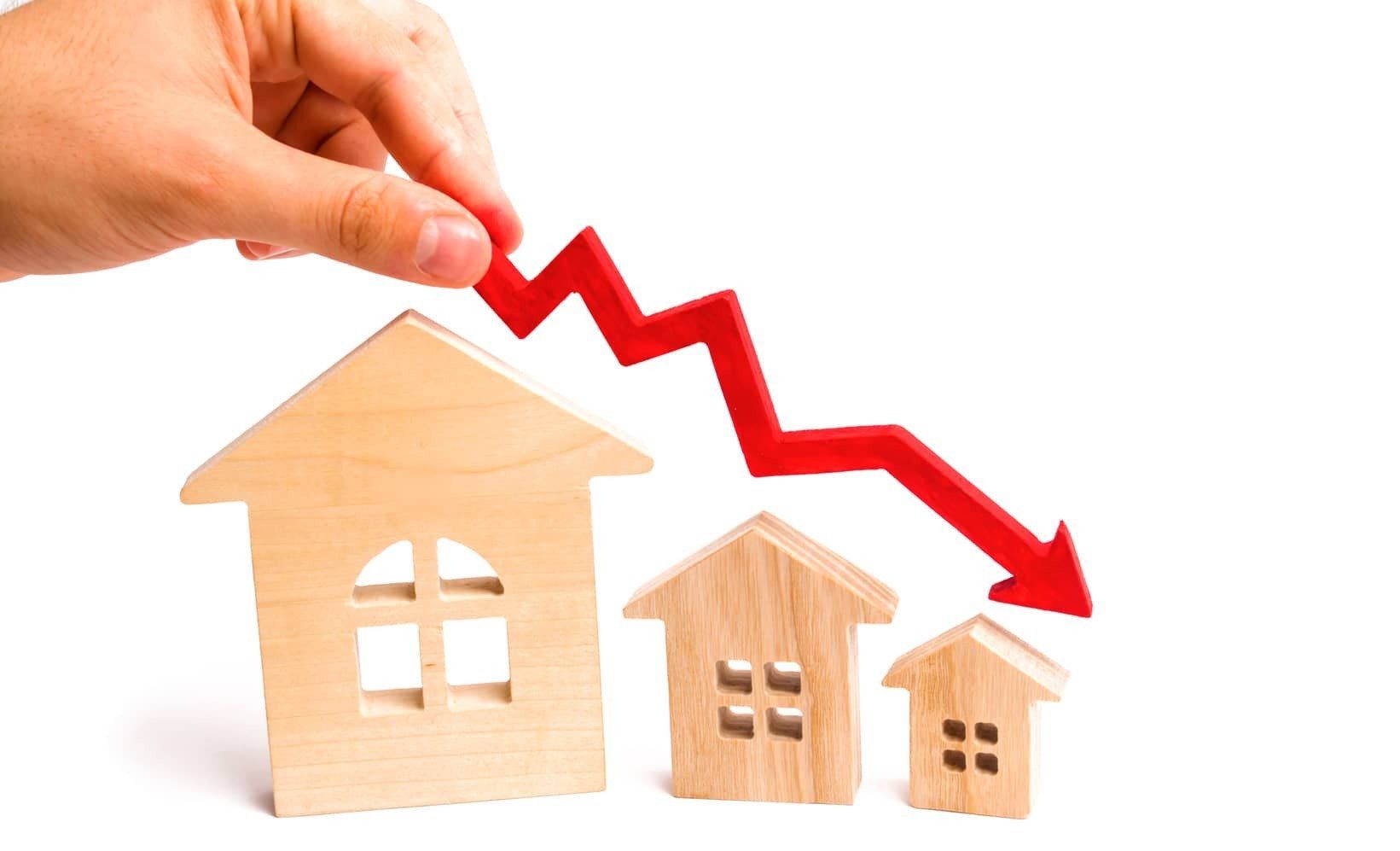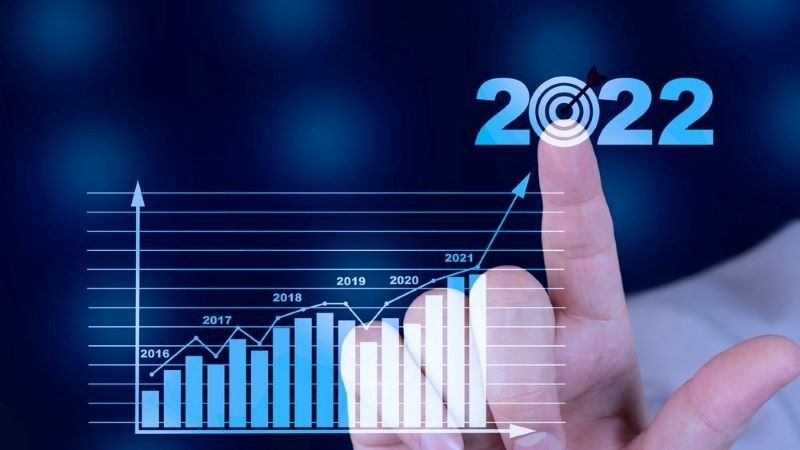U.S. Inflation Rate Climbs To 7.5%
The U.S. inflation rate climbs to 7.5% after another sharp increase in consumer prices.
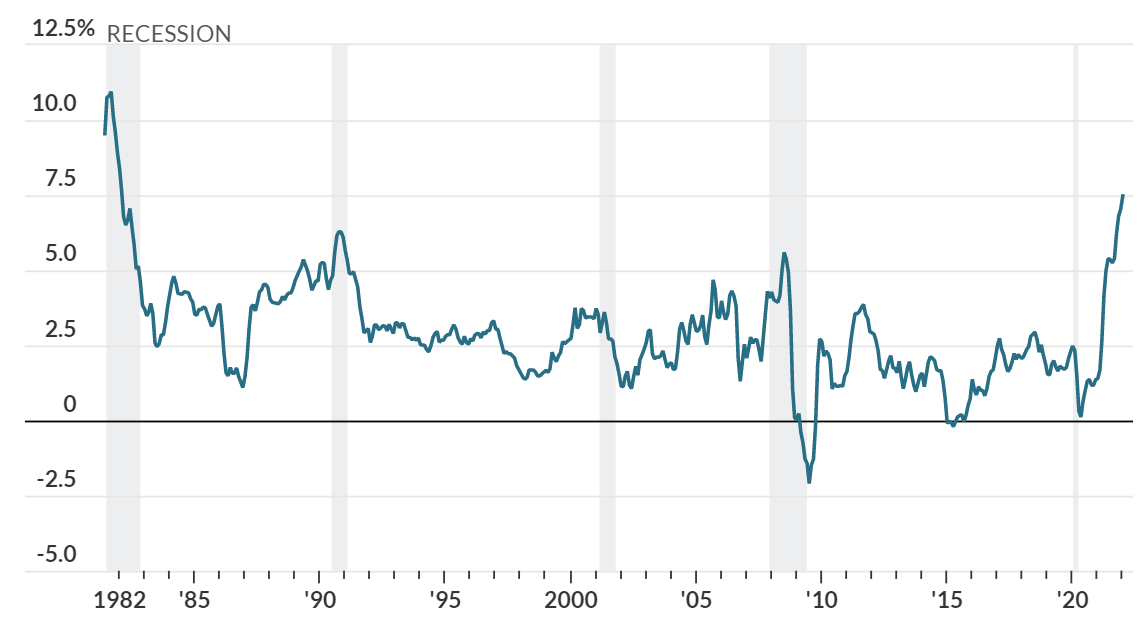
In January, the U.S. inflation rate climbed again to 7.5% after another sharp increase in consumer prices and stayed at a 40-year high, suggesting upward pressure on consumer prices is unlikely to relent soon and putting more pressure on the Federal Reserve to act.
The consumer price index rose 0.6% in the first month of the new year, driven by big advances in rent, food and energy. The increase exceeded Wall Street's forecast of a 0.4% gain.
A separate measure of consumer inflation that strips out volatile food and energy prices also rose 0.6% last month. The increase in the so-called core rate over the past 12 months moved to 6% from 5.5%. That's the highest level since August 1982.
Is there correlations between inflation and house prices? In fact, there are correlations between inflation and any good with a limited supply. To illustrate, consider an economy that has a money supply of only $10 and five identical houses in the whole economy. Each house would be priced at $2 (assuming no other goods in the economy). Now, suppose the central bank decides to print more money and the money supply expands to $20. Now each house would be priced at $4. In this simplistic example, increasing the money supply causing inflation and house prices to increase.
In the real economy, there are a lot more factors that affect house prices and the correlation is not as prominent as in this example. One of the other major factors causing house prices to increase is interest rates. When interest rates are low, buying homes can be more affordable and increase the demand for homes. If the supply of homes remains constant and the demand increases, then the prices of homes will increase. In large cities where land availability is often limited, you can see a more pronounced effect of inflation.
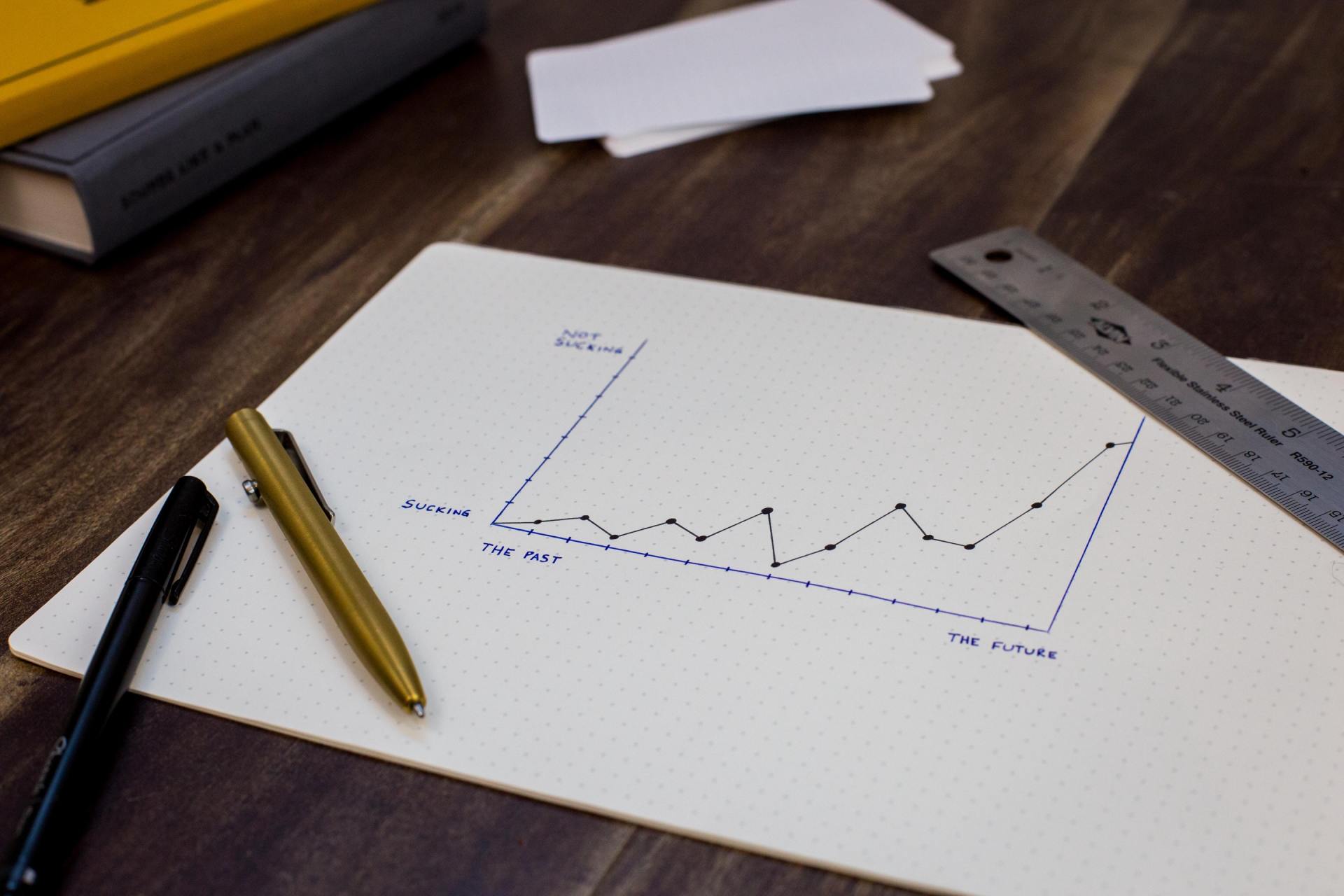
ABOUT ATRIX REAL ESTATE
OUR LOCATION
©2021 Atrix Real Estate. All rights reserved. Corporate DRE #02010384. Privacy Policy
